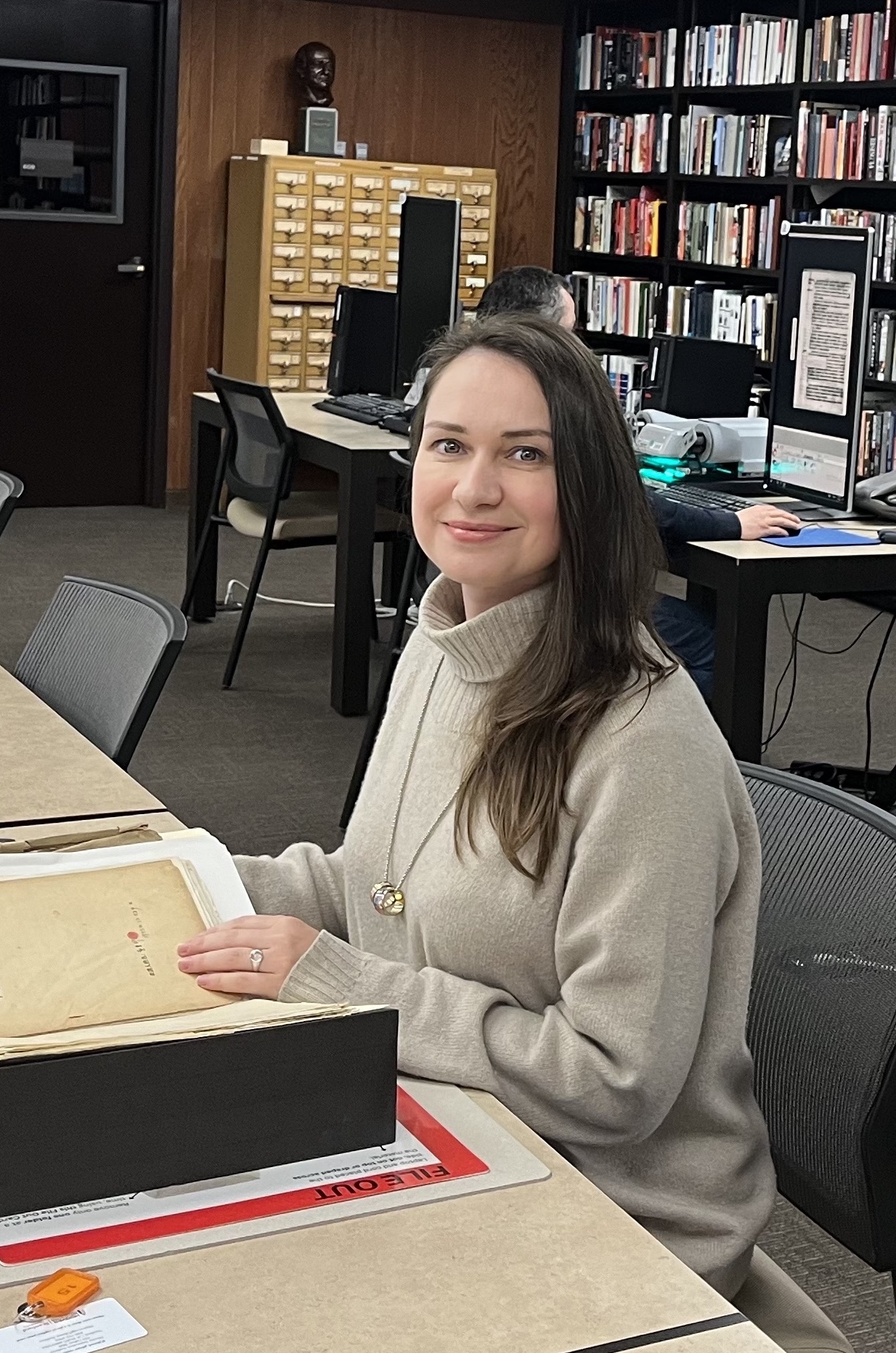Event Date:
Event Location:
- West Campus Point Faculty Housing Community
On Saturday, May 25, the Center for Cold War Studies and International History (CCWS) will host an in-person workshop from 11:00 am to 12:30 pm at the West Campus Point faculty housing community. We will be reading and discussing a paper, "The Gulag Labor Camps as Laboratories of Carceral Eugenics," by Alexandra Noi, a doctoral candidate in the UCSB History Department. Please join us for light refreshments and an exciting discussion of this work!
Abstract:
This paper examines the theory and practice of a phenomenon that I call Soviet carceral eugenics – interdisciplinary sciences that produced a context of human transformation for the emergence of the Gulag carceral system. After the 1917 revolution, the Bolshevik regime sought to remake the entire population into modern socialist citizens in line with Marxist doctrine of historical development. Theories of carceral eugenics were developed in the writings of philosophers and politicians and tested in the experiments of scientists, and then were practiced through coercive methods in the carceral spaces of prisons, camps, and colonies from the 1920s on. I argue that the Gulag was rooted in the specific understandings of human nature that were devised and debated in the first decades of the 20th century, which made the Gulag a characteristic feature of 20th-century modernity.
In this paper and in my dissertation, I approach the Gulag as part and parcel of the grandiose plans and utopias of a nascent communist regime to create new socialist men and women. I conceptualize Gulag as a socialist scientific project of molding nature and humans rooted in the ideas of plasticity in natural and social sciences of the early and mid–20th century. Marxist theories of value (of production and labor) and of power (of labor to change human nature) were intertwined with differently interpreted Darwinist ideas and were appropriated by the Bolsheviks. The program of creating “new Soviet people” went along with experiments in biology under the belief that it was possible to direct human and natural evolution. While in the West eugenics and later genetics asserted the alleged impossibility of external improvement of nature, in the USSR, environmental factors like education and labor emerged as the primary instruments of modifying human nature. Soviet carceral spaces served as a testing ground for exploring the possibilities of turning “unworthy” people into equal members of the society, through their ideological and moral reformation and through labor.
Workshop attendees are encouraged to read Alexandra's paper in advance. They may gain access to it by contacting Nick Cohen at ncohen@ucsb.edu.


